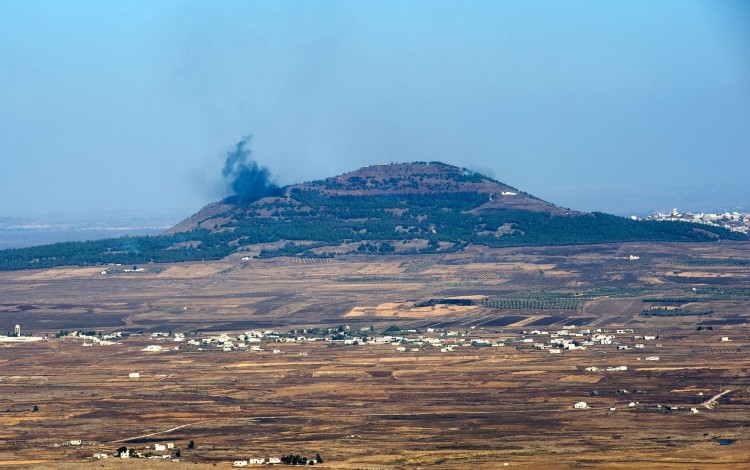
To give a brief overview, during 2015 a total of 109 aid workers were killed, 110 wounded and 68 kidnapped: 287 victims. Most of these attacks took place in five countries; Afghanistan, Somalia, South Sudan, Syria and Yemen.
While the figures are depressing, it is positive to note that the global casualty toll has fallen for the second consecutive year, with 22 per cent less incidents than in 2014 and 42 fewer victims.
NGOs face serious challenges in ensuring aid workers’ security in the field, both national and international – a driving factor in the development of our HEAT training course. Resilience Academy increases access to life saving training for those involved in international development work. It takes Hostile Environment Training online for the first time, equipping responders working in dangerous environments with crucial personal safety skills.
Urgent need to reach national staff
The AWSR data highlights the urgent need to reach national workers in particular, with data showing they were targeted in the majority of attacks during 2015.
In areas like Syria and Yemen where there’s an active conflict, it’s impossible for national aid workers to leave their location. But with online access offered by Resilience Academy, NGOs can now offer effective personal safety training to aid workers in the field, providing them with the knowledge needed to stay safe, avoid kidnap or injury and, should the worst happen, give them the best possible chance of survival.
It is also vital to teach skills that are appropriate for different circumstances; the AWSR statistics show that almost 50 per cent of 2015 incidents took place on the road while in transit, 10 per cent inside a private home, 13 per cent in an office, 12 per cent on a project site, whether a school, hospital or aid centre, 13 per cent in a public location such as a market or in the street, and 10 per cent while in police custody.
Broadly, incidents involving explosives and heavy weaponry were down, excluding Syria and Yemen where major active conflict continues.
For more information on the Resilience Academy HEAT course, click here.
